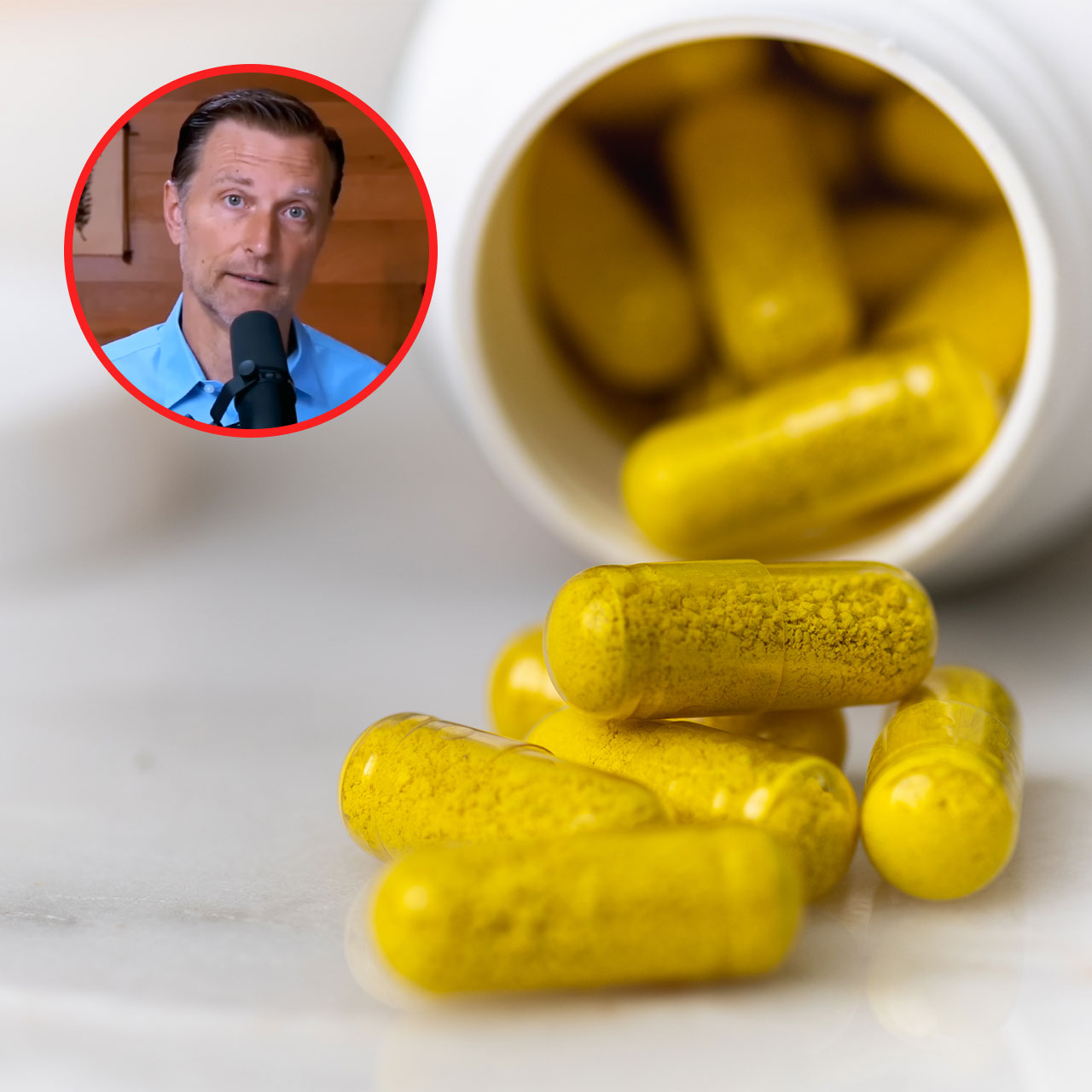Diets have long been a focal point for individuals seeking to achieve specific health and fitness goals. Whether it’s for weight loss, muscle gain, or improved overall well-being, the choice of diet plays a pivotal role. However, traditional diets that involve severe caloric restrictions often lead to metabolic adaptations and sometimes hinder long-term success. This is where the concept of reverse dieting enters the picture.
We spoke with Chrissy Arsenault, registered dietitian and certified personal trainer, to find out what reverse dieting is and how it can help with your health and wellness goals.


Reverse Dieting
Arsenault explains that "reverse dieting is a structured, gradual increase in caloric intake after a period of calorie restriction or a weight loss phase. It involves incrementally adding calories back into your diet, usually in the form of carbohydrates and fats, while monitoring the body's response to these changes."
Reverse dieting can have plenty of benefits, and Arsenault highlights the key ones: metabolic recovery, hormonal balance, and preservation of lean muscle mass. The objective is to enhance metabolism, rebalance hormones, and revitalize the overall metabolic rate, which might have decelerated as a result of extended calorie restriction.
"Reverse dieting helps increase metabolic rate, allowing the body to burn more calories at rest. This can aid in preventing future weight gain. Reverse dieting helps restore hormonal function, particularly hormones related to hunger, satiety, and stress. When calories are increased gradually and in a controlled manner, the body is more likely to preserve lean muscle mass, which is crucial for achieving a toned and fit physique," says Arsenault.

The Bottom Line
As Arsenault emphasizes, it's important that reverse dieting should be individually tailored based on factors such as a person's metabolic rate, activity level, and specific goals. What proves effective for one individual may not be suitable for another.
Close monitoring of progress is crucial throughout the reverse dieting process. It's also strongly recommended to seek guidance from a registered dietitian or a qualified nutrition professional when contemplating reverse dieting as they can design a personalized plan that aligns with an individual's unique requirements and effectively track progress.


























